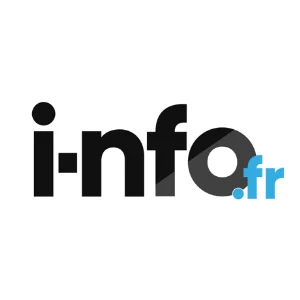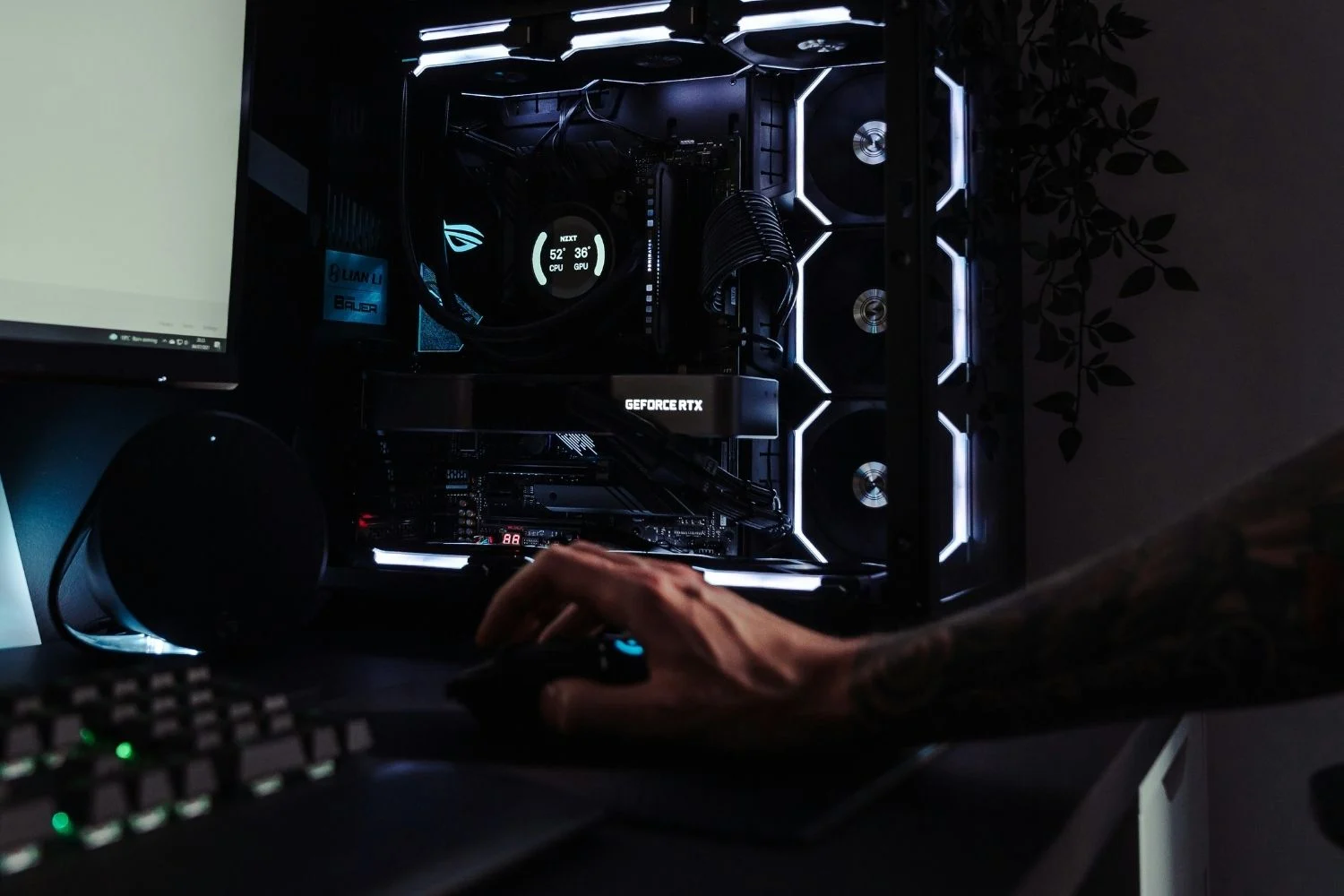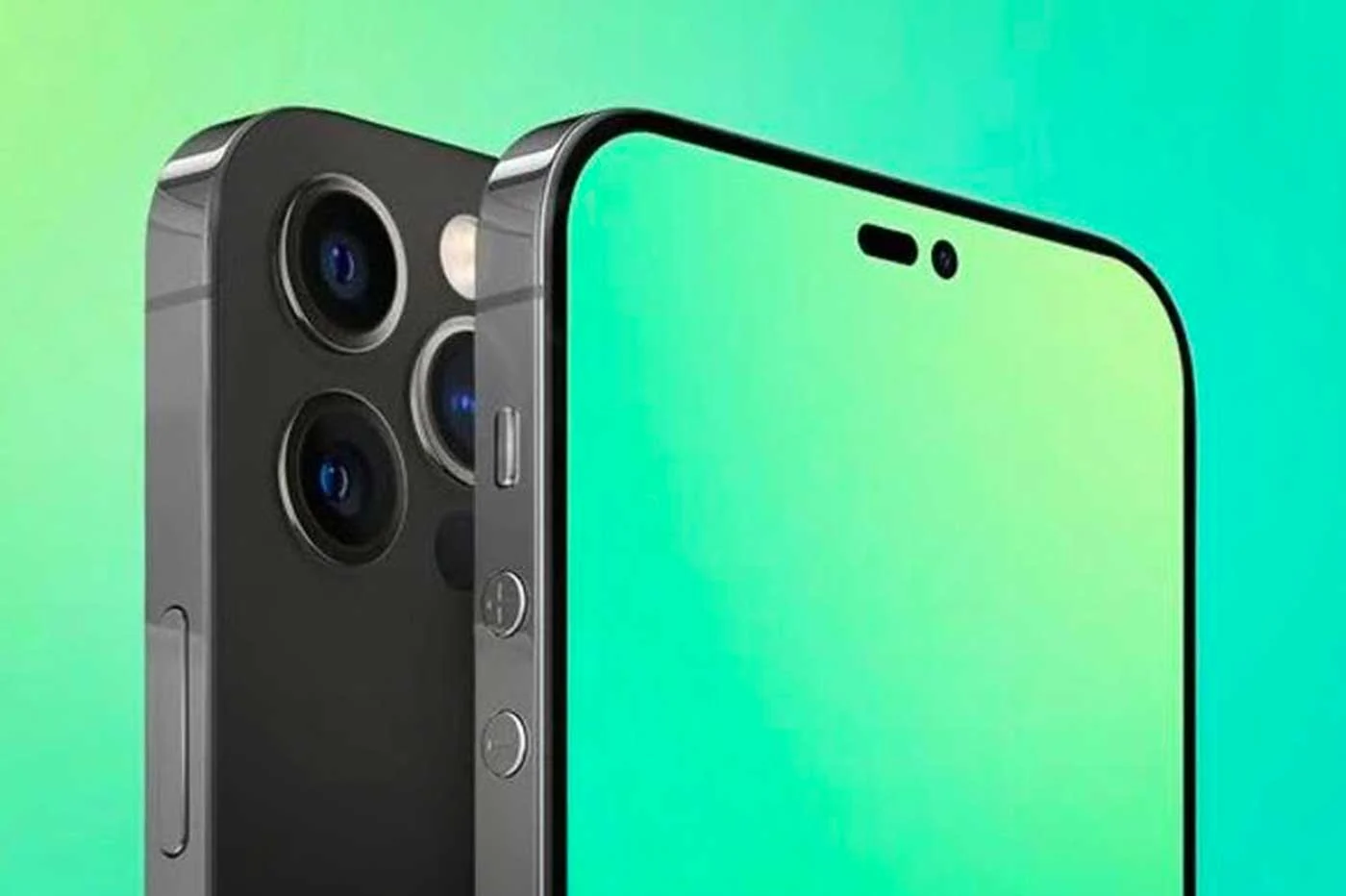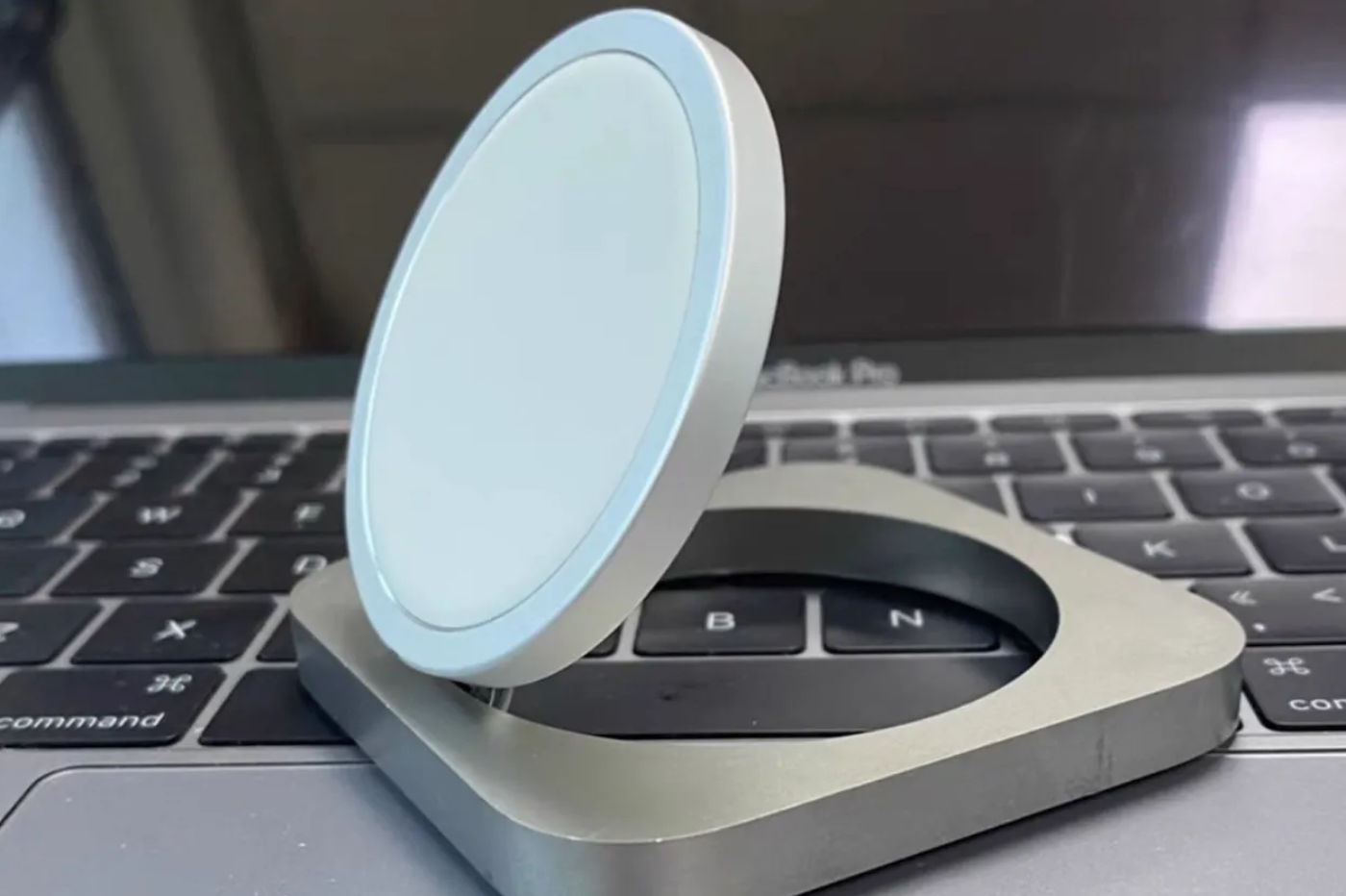Face IDis the most advanced unlocking system that Apple has designed for iPhones and iPads. But it still has several flaws. The first concerns security, which is much less assured than with an eight-digit code. The second is its effectiveness. Indeed, as soon as we are equipped with an accessory that hides part of the face such as sunglasses or a hood, the tool becomes unusable.
Andthe problem is already known to cyclists in winter, it is now more and more relevant when we know that health personnel must use masks to fight against the spread ofCOVID-19which is currently raging around the globe.
Top results
An Asian company calledSpace TechnologyHowever, it has just found the ideal solution to this problem, even if no one knows whether Apple intends to take inspiration from it one day or not. Thanks to deep learning, the company analyzed millions of photographs of faces with and without protection, in order to train an algorithm which can nowrecognize an individual even if he or she is hidden.

© Apple
The success rate would reach95%, which is still less than what is done in the open, but which remains an excellent score for the local government. It could be used to monitor its citizens, who since January have almost all been fans of wearing masks in the street or on public transport. The technology also seems to have been developed especially for the occasion.
Lives at stake?
This is not the first time that a team has achieved this feat, since a competitor called SenseTime, based in the same country, also announced a similar success a little earlier. At the time whenApple cracks down on companies of this type, far from its positioning in favor ofconfidentiality, it is a real showdown between these values and innovation that is coming.
Because for a doctor,saving a life sometimes takes just a few seconds, and wasting time manually typing your password to access the content of your device could,like the Apple Watch, being the cause of longer treatment periods leading to more deaths. In recent years, the number of smartphones and tablets provided to professionals has skyrocketed, including in hospitals.

i-nfo.fr - Official iPhon.fr app
By : Keleops AG


![[Edit: winners and 20% promo] Skinizi personalized iPhone case test and 4 personalized cases to win](https://cline.one/tech/ignace/public/2012/Q2/.avis-test-coque-skinizi-iphone-7_s.jpg)



